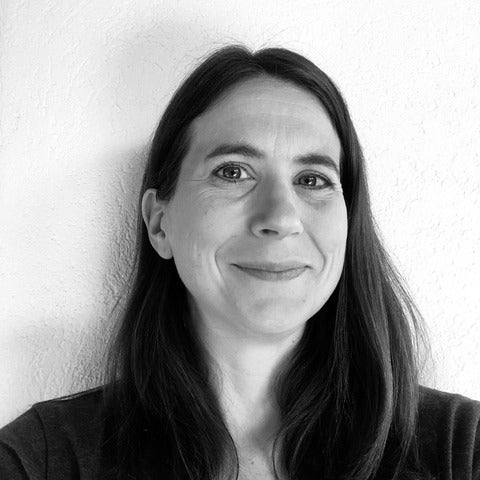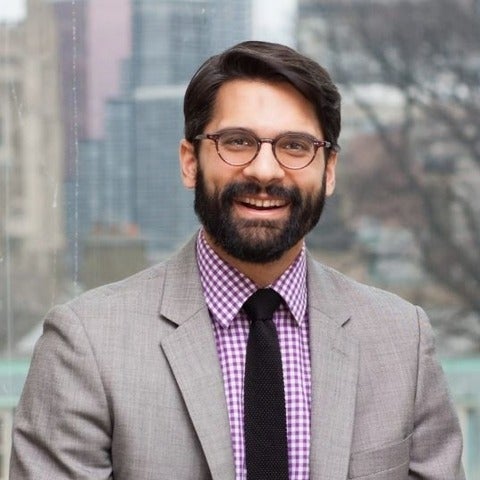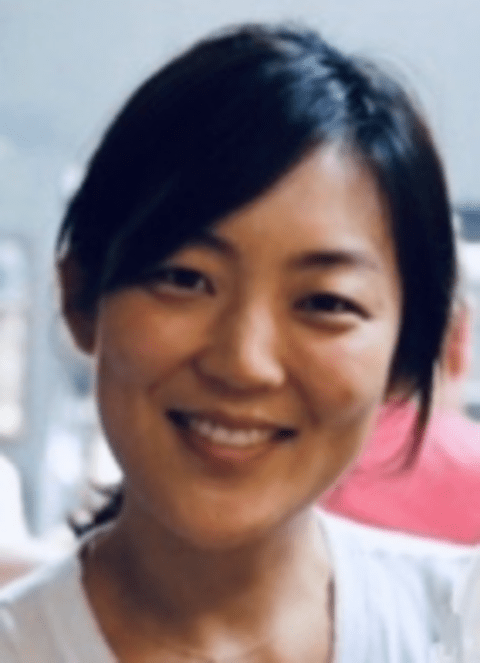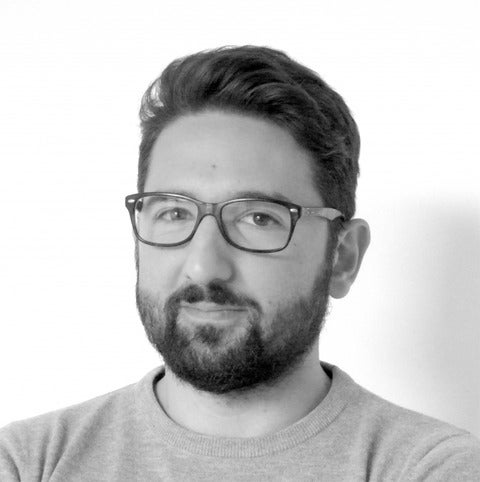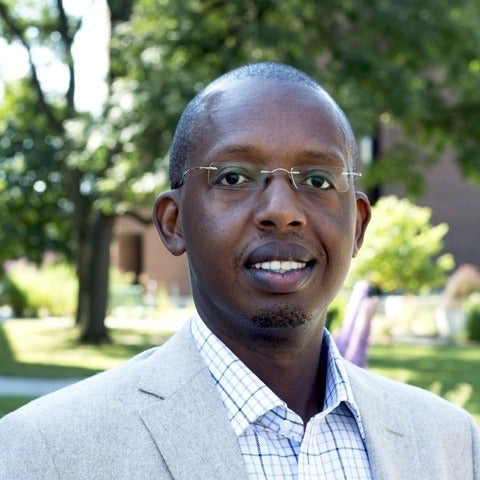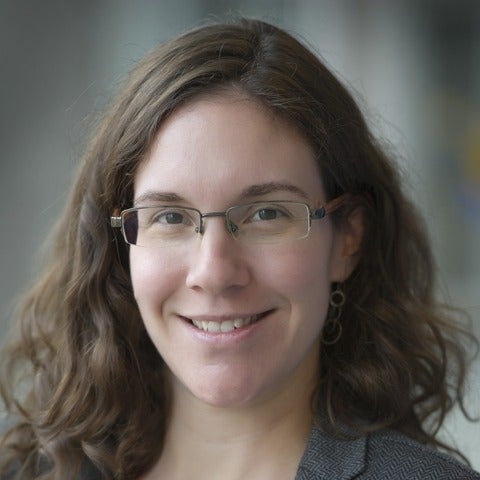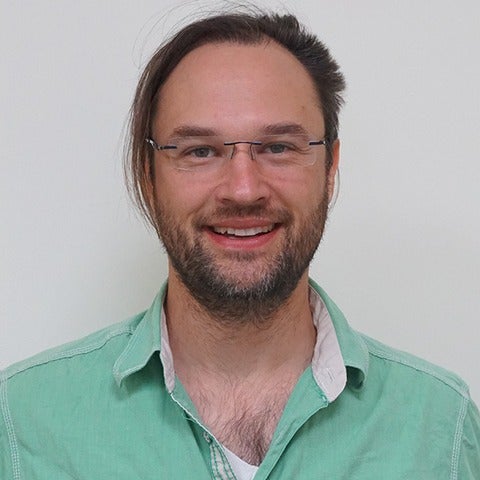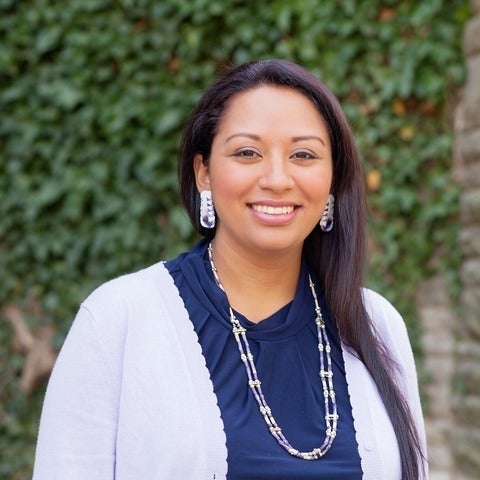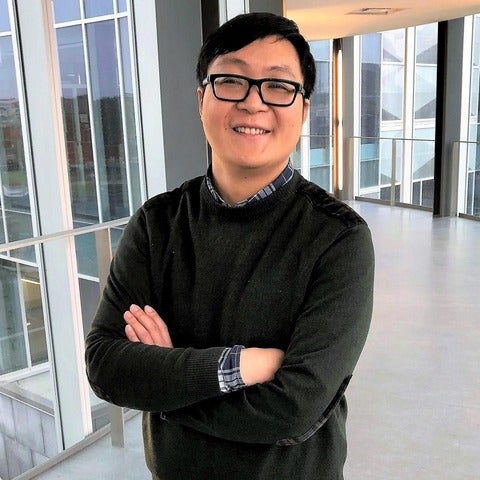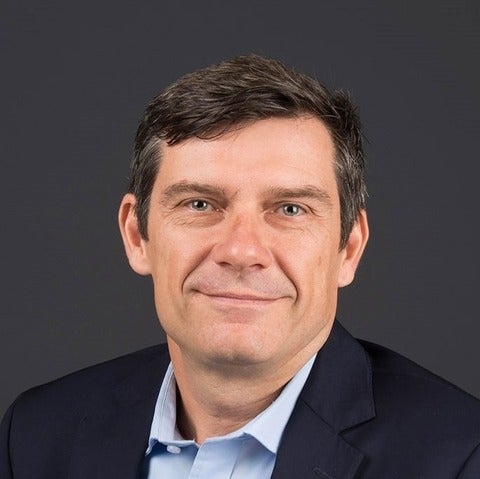Tonya DelSontro
Tonya DelSontro’s research focus is to advance our understanding of how human activities and climate change alter aquatic carbon cycles and greenhouse gas budgets. She integrates field-based system analyses and experimental laboratory work to define and predict anthropogenic impacts on freshwater systems’ greenhouse dynamics from local and regional to global scales.
